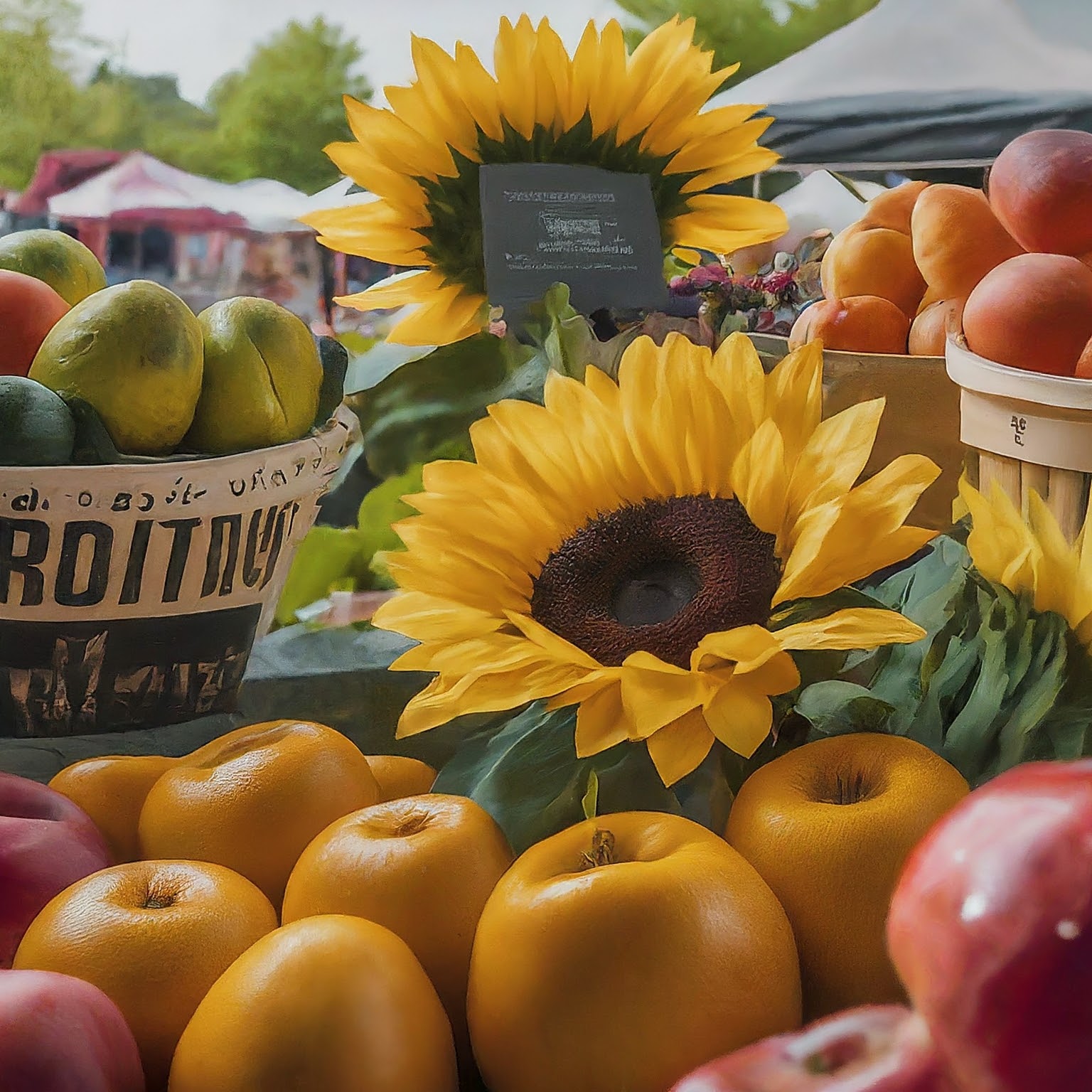Articles
Ag Associations: The Backbone of Agriculture

March. 11, 2024, 1:38 PM PST
By: John Andresen
Across the vast landscapes of America, a network of dedicated organizations plays a vital role in the success of our agricultural industry. These organizations are known as agricultural associations, and they serve as the backbone for farmers, ranchers, and other agricultural stakeholders.
Agricultural associations wear many hats, championing the needs of their members in several key ways:
- Knowledge Powerhouse. They provide educational programs and training opportunities to help producers stay ahead of the curve. This might involve workshops on new technologies like precision agriculture, best practices in animal husbandry, or even financial management skills to navigate the complexities of running a farm business.
- A Network of Support. They foster a sense of community and connection, allowing farmers and ranchers to share best practices, troubleshoot challenges, and learn from each other's successes. Regional and national conferences provide opportunities to network with industry experts and build relationships with potential partners in the agricultural supply chain.
- Market Mavens. Some associations assist members in finding new markets for their products, helping them connect with distributors, retailers, and even consumers directly. This allows farmers to bypass traditional market channels and potentially increase their profit margins.
Farm-Focused Events
The world of agriculture is a dynamic one, filled with events that cater to a wide range of interests. Beyond the familiar county and state fairs, a vibrant ecosystem of events exists, offering something for everyone connected to the agricultural industry.
- Livestock Shows.These events showcase the very essence of animal husbandry, featuring various breeds of animals competing for conformation, performance (draft horse pulling, sheepdog trials), and even market value. They offer a glimpse into the dedication and skill required to raise healthy and productive livestock.
- Livestock Shares. These vibrant gathering places connect consumers directly with local producers, offering a cornucopia of fresh, seasonal fruits, vegetables, and other farm-to-table products. Farmers markets foster a sense of community and allow consumers to learn about the origin of their food while supporting local agriculture.
- Farmers Markets. These investment vehicles pool money from multiple individuals and invest it in various livestock operations. This provides diversification and professional management, often with lower minimum investment compared to direct ownership. However, fees associated with fund management can reduce potential returns.
- Field Days and Conferences & Seminars. These events delve deeper into the science and business of agriculture. Field days showcase cutting-edge agricultural technologies like precision farming equipment and sustainable practices. Conferences and seminars offer educational sessions led by industry experts, fostering knowledge exchange and discussion on topics like new crop varieties, pest management, and economic trends.
- Agritourism Events and Harvest Festivals.These events invite the public to experience agriculture firsthand. Agritourism events, like farm stays and educational tours, allow visitors to learn about different farming methods and connect with the land. Harvest festivals celebrate the bounty of the season, offering family-friendly activities, agricultural demonstrations, and delicious locally-sourced food.
This is just a taste of the diverse array of farmer-focused events happening across the country. Whether you're a seasoned farmer, a curious consumer, or simply someone who appreciates the beauty and importance of agriculture, there's an event waiting to be discovered.
Benefits Beyond the Farm Gate
The positive impact of agricultural associations extends far beyond the farm itself. Their dedication to a thriving agricultural sector benefits everyone:
- A Secure Food Supply.By supporting and empowering farmers, these associations play a crucial role in ensuring a safe, reliable, and affordable food supply.
- Economic Engine. A healthy agricultural sector is a significant contributor to the nation's economic well-being. Associations play a role in its continued success by promoting innovation, fostering economic growth in rural areas, and creating jobs across the agricultural supply chain.
- Connecting with Consumers. Many associations bridge the gap between farmers and consumers. This might involve organizing farm-to-table events, educational tours of agricultural operations, or promoting locally sourced products. These initiatives foster a better understanding of the challenges and rewards of agriculture, strengthening the connection between those who produce our food and those who consume it.
Agricultural associations have a rich history of advocating for progress and innovation in agriculture. They played a vital role in the development of new technologies, the adoption of improved farming practices, and the creation of markets for agricultural products.
Looking ahead, these organizations will continue to adapt and evolve, ensuring that agriculture remains a vibrant and successful sector for generations to come. Their unwavering commitment to the well-being of their members and the future of food makes them truly the backbone of our food system.
